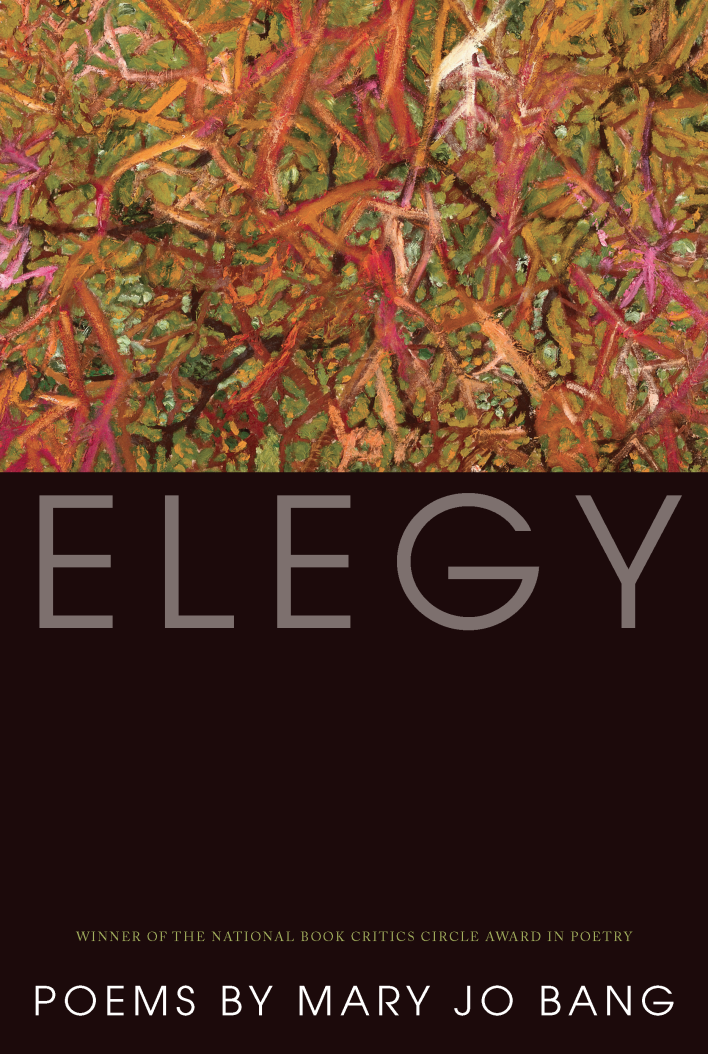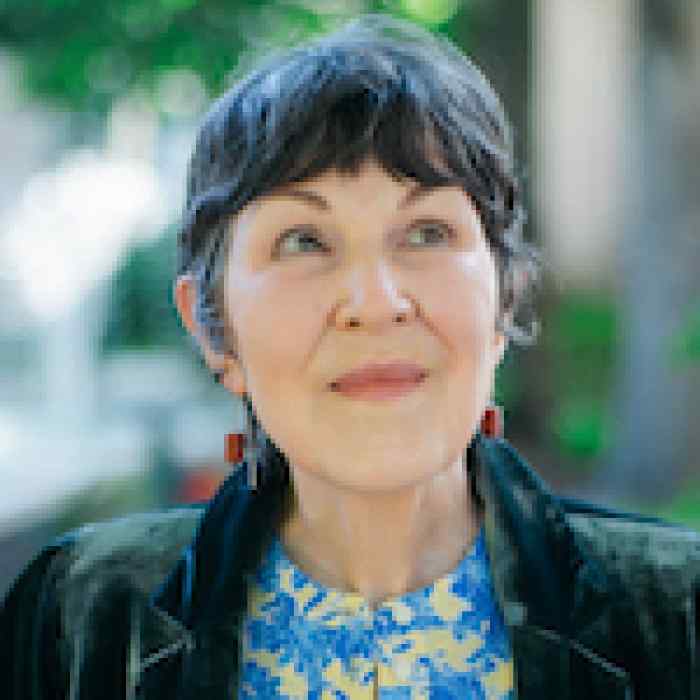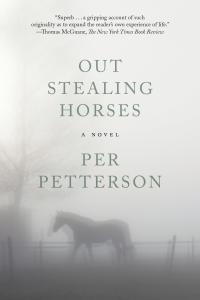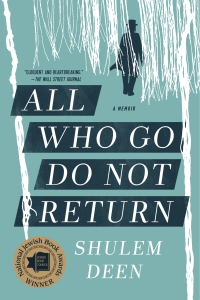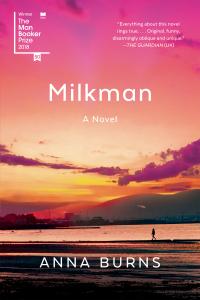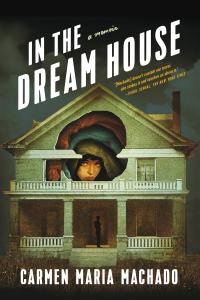Elegy
- “Bang proves in this sad…book, the conversion of grief into art may be balanced, if not redeemed, by the transformation of art into grieving.”—The New York Times Book Review
The windows of night have been sewn to her eyes.
—from “Ode to History”
Mary Jo Bang's fifth poetry collection, Elegy, is a profound and emotional lament upon the loss of her son. Was his untimely death an accident, or was it a decisive act? Which should the mother bewail--her son's terrible misfortune or the fact that he had been hounded out of existence by his own demons? And could either possibly be easier to bear? Written out of this conflict and sadness, the poems in Elegy confront grief in stark terms and with a resilient voice to describe how memory haunts the living and brings the dead back to life.
"These poems (elegies) are written under the sign of Necessity. They exist because they have to exist. This means they are still burning from the forge, carry pain that is radiant, and cut a guiding path for the reader. Because she is already, before the hour of necessity, a serious and accomplished poet, all that she knows comes to her aid and has the kindness to make these poems great."--Fanny Howe, citation for the Poetry Society of America's Alice Fay di Castagnola Award
Praise
- “[A] powerful fifth collection…Writing to mourn the death of her adult son, Bang interrogates the elegiac form and demands of it more than it can give, frustrated, over and over again, with memory, which falls pitifully short of life… Bang offers, if not hope, a kind of keeping company, a way, however painful, to go on.”—Publishers Weekly, starred review
- “A work of startling breadth, one that explores what is essential to all losses.”—The Philadelphia Inquirer
- “Had the jacket not said Elegy chronicles the year following the death of her son, Bang’s book would still move you for its grace, not its real-life poignancy.”—Entertainment Weekly
- “The palette is drained; the weather chilled. The tone is formal, the voice even; the feeling is scoured out. Every word stands naked, stands alone, facing a door, an opening. ‘Wonderful/Awful.’ This is where time stops, breath stops. Words are chosen and framed and hung because they must be, not because they make an unbearable loss one whit more bearable, but they position us a step closer to seeing the beginning (of love) and the end (of life). Something. ‘Ancient and every and over.’ This is our beautiful glimpse of forever. Mary Jo Bang’s Elegy is a harrowing, necessary work.”—C.D. Wright
